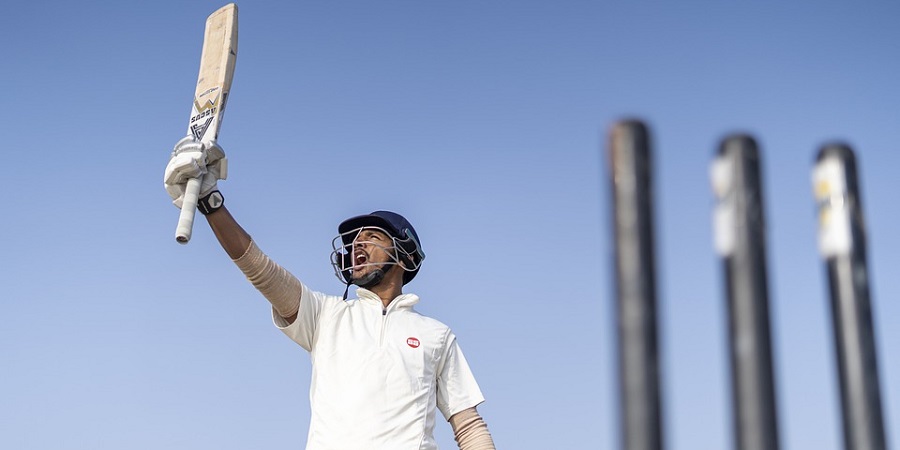The UK government’s proposed gambling tax reforms are causing a significant stir among sports bettors, horse racing enthusiasts, and the broader betting industry. At the heart of the discussion is the switch from Gross Profits Tax (GPT) to a hybrid model that includes a turnover-based tax. With stakes ranging from hundreds of millions in potential losses for the horse racing sector to increased costs for bettors, the policy shift could reshape the nation’s gambling ecosystem. Below is a full breakdown of every crucial figure, name, and implication tied to this proposed overhaul.
Chancellor Jeremy Hunt’s Fiscal Direction
Chancellor Jeremy Hunt has launched a sweeping reform plan targeting the betting industry’s taxation system. Central to the proposal is the integration of a turnover-based element into the existing Gross Profits Tax (GPT). The current GPT model taxes the profits of betting companies, but under the new structure, operators could be taxed directly on the amounts wagered by customers. This shift is perceived by Treasury officials to stabilize tax revenues and create parity across betting formats, particularly between traditional bookmakers and online platforms.
The Betting and Gaming Council (BGC) Response
The Betting and Gaming Council (BGC), representing major gambling operators, has expressed sharp concerns about the potential damage to the industry. The council points out that the betting sector contributes £7.1 billion annually to the UK economy and supports over 110,000 jobs. A hybrid tax, according to BGC chief executive Michael Dugher, would not only increase compliance complexity but could lead to job losses, market exits, and reduced funding for regulated sports.
Economic Impact on UK Horse Racing
UK horse racing stands to suffer one of the heaviest blows from the new tax scheme. The proposed structure could cost the sport up to £50 million each year in lost funding from bookmakers. Horse racing in Britain currently receives around £350 million annually in direct and indirect funding from betting firms. Leaders in the sport, including British Horseracing Authority (BHA) chief executive Julie Harrington, have warned that this could trigger a severe reduction in prize money, lower racecourse attendances, and the closure of rural racing venues.
Bettors Face Reduced Odds and Higher Margins
As operators adjust to increased taxation, the betting public will feel the pinch through lower returns and tighter odds. Analysts from Regulus Partners have projected margins could rise by up to 2% across the board. This means that even modest bettors who place £10 weekly bets could lose an additional £10–£12 annually. For frequent punters and syndicates, the cumulative impact could run into hundreds or even thousands of pounds per year, significantly affecting long-term engagement with bookmakers.
Impact on the Casino Sector and Digital Gaming
The reforms are not limited to sports betting—they extend into the digital gaming and casino sectors as well. Online casinos may also face tax burdens that reduce promotional budgets and lead to diminished returns for players. Industry insiders warn that platforms offering the best online casinos could scale back VIP and loyalty programs, creating a less attractive environment for high-stakes and regular players. Operators like Flutter Entertainment and Entain, both of whom report billions in annual revenue, are assessing how to maintain profitability under increased fiscal pressure.
Legal Betting Market May Contract
One unintended consequence of the tax reform could be a contraction of the legal gambling market. If licensed operators are forced to cut bonuses and tighten margins, some customers may turn to offshore and unregulated alternatives. The BGC notes that illegal online gambling in the UK has already grown to a £1.4 billion market and fears a tax increase could exacerbate this shift. With fewer consumer protections in black-market sites, issues such as problem gambling, data privacy, and fraud could see a significant rise.
Political Reactions and Parliamentary Debate
MPs across the House of Commons are split on the proposals. While some Conservative backbenchers support the revenue-generating potential of the new tax, Labour MPs have raised concerns about its socio-economic fallout. The All-Party Parliamentary Group for Betting and Gaming has requested a full impact assessment before any legislation is enacted. They argue that rushing through reform without understanding sectoral implications would be irresponsible and could devastate local economies tied to gambling and racing.
Historical Comparisons and International Models
International parallels are already drawn. In Ireland, a 2% turnover tax was introduced in 2019, leading to bookmaker closures and market consolidation. Australia’s point-of-consumption tax model also led to operator exits in smaller markets like Tasmania and Northern Territory. UK analysts point out that hybrid or turnover-based taxation disproportionately affects smaller bookmakers, thus reducing market competition and innovation—outcomes the UK government must consider carefully.
Impact on Sponsorship and Media Rights
The UK sports sponsorship ecosystem, heavily reliant on gambling partnerships, could also face a knock-on effect. The Premier League, for instance, currently sees betting sponsorships account for approximately 12% of total club revenue, translating to £60 million annually. Should betting companies pull out of high-value deals due to tighter margins, lower-tier clubs and broadcasters might face funding gaps. Sports like darts, snooker, and greyhound racing—where gambling firms dominate commercial backing—would be especially vulnerable.
Consumer Advocacy Groups React
Consumer advocacy organizations remain divided. While some, like GambleAware, support reforms aimed at reducing gambling harm, others argue the approach is too broad and risks penalizing casual and responsible gamblers. The group GamCare urges a balanced review that targets harmful operators rather than the entire ecosystem. They also advocate that additional tax revenue be earmarked specifically for treatment programs and education, ensuring the policy delivers measurable social value.
The Department for Digital, Culture, Media & Sport (DCMS) has announced an open consultation period through Q3 2025, inviting stakeholders to submit feedback. Betting companies, racing bodies, and advocacy groups are expected to engage actively, lobbying for amendments or exemptions. Regulatory clarity is expected by early 2026, with phased implementation timelines starting mid-2026. Industry giants are already preparing contingency plans to navigate operational challenges, restructure offerings, and maintain user engagement under the evolving fiscal landscape.






